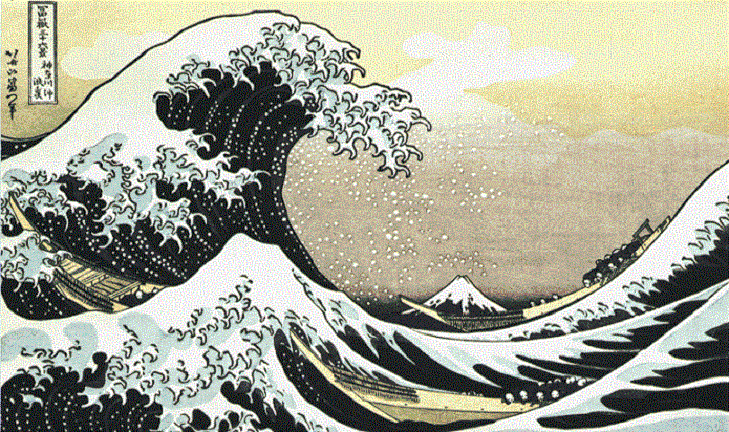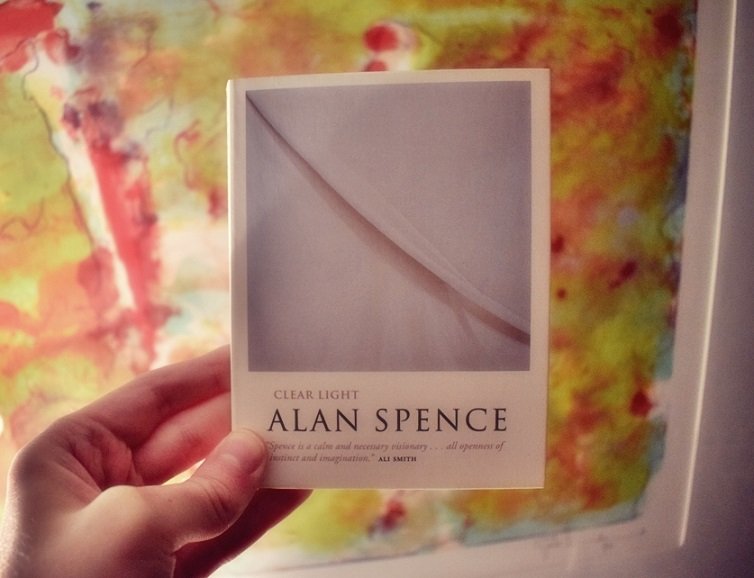
What is a Haiku?
A haiku says a lot with few words; it captures the moment - techniques that Japanese masters developed over centuries. Judging by the examples I have come across, it's just about counting syllables; five-seven-five. The content can be about just anything. Sounds simple, right?
In reality haiku a refined art form that has been cultivated in Japan for centuries, and after World War II with the US occupation of Japan, it has become increasingly popular in the West, especially in the English-speaking world as well as in the Balkans.
There are many different directions, but the core of haiku is to express an intense experience of any nature in simple words. It typically refers to a moment and often about something seemingly quite insignificant. A spider web with raindrops, a flower outside a fence, a trembling petal, the sound of an insect in the evening etc, etc. The clarity is important; the words are to convey what the poet has seen / heard / smelled. However, they should preferably not comment or judge. That is up to the reader. If you want to give a sense of grief for example, you can write about lengthy rain, abandoned houses, a sunken rowing boat - but not about your own aching heart.
Two examples:
First autumn morning:
the mirror I stare into
shows my father's face.
- Murakami Kijo (1865 - 1938)
Whitecaps on the bay:
A broken signboard banging
In the April wind.
- Richard Wright (1908-1960)
Haiku is an easily accessible way of expression, enough 'bondaged' and restricted to stimulate, and so short that you have an overview of it. At the same time, every single word is essential for the totality.
A clear image, something that has been registered by the senses, is what gives the haiku its character. A haiku with two separate and contrasting images, that in some way highlights one another, can be particularly interesting.
The prize
"Clear Light" by Alan Spence, award-winning scottish author and professor in Creative Writing at the University of Aberdeen. From the publisher description: "Clear Light contains 150 haiku bursting with Alan Spence's characteristic verve and wit. Mythic and mesmerising, inspiring and hilarious, these poems shed clear light on the delights, hardships, breakthroughs and frustrations of the world of the momentary. Simple in form, these haiku request a fresh look at the familiar and leave us reeling at how much in the world, from the exotic to the everyday, we have yet to observe."

The rules are simple:
1. The poem has to follow the standards of Haiku
2. It has to be an original poem written by the person entering the contest
3. It has to be in English
4. Post the Haiku in the comment section of this article
I will in 15 days (September 12) decide which author, in my humble opinion, won the contest and thus earned a copy of "Clear Light" by Alan Spence.
